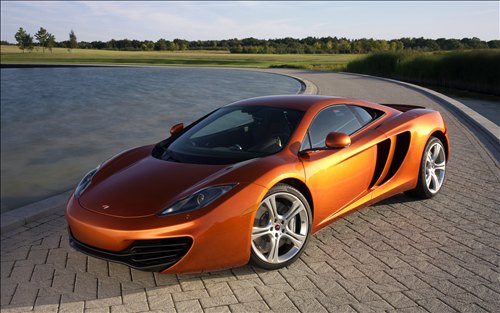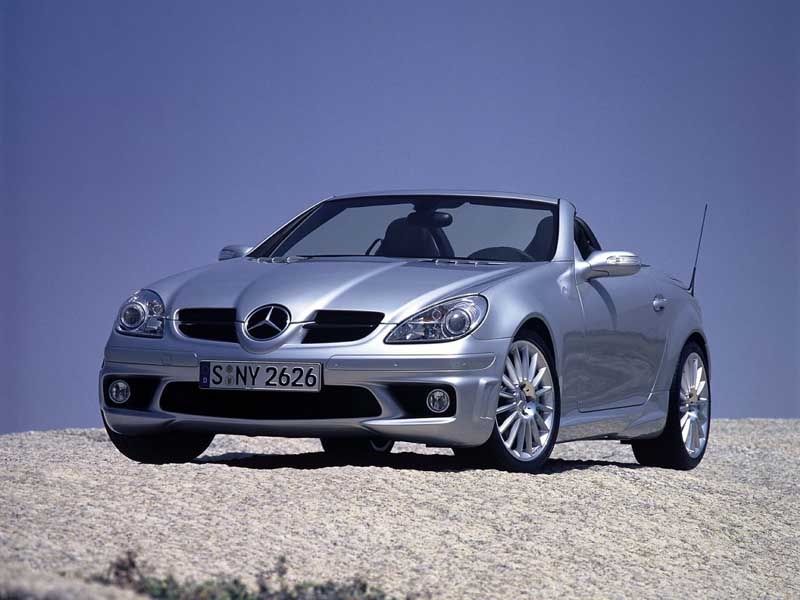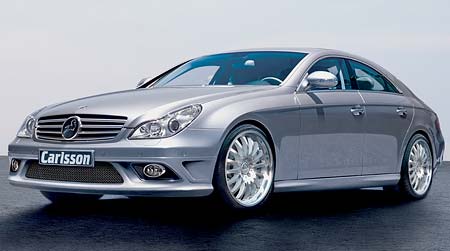
There are so many things which I'd like to write about Dwight Howard that we should probably start with the most simple one: he's not nearly as good as he should be.
"Should" is subjective and judgmental, but really, it's a word of perfect utility right now. What else fits? Want to be objective? Want to shoehorn this obvious ineffable truth into some awkwardly fitting metric? Go ahead. If you want to tell me that the defensive player of the year, the leading all-star vote-getter, the first-team All-NBA center, the fifth-most efficient PER player has done just fine for himself (thank you, very much!), be my guest. It only proves the point. No matter what anyone says in objective defense of Howard, it only illustrates that he isn't nearly the player he should be. I mean, fine, let's do it your way: those pretty, shiny measurements don't belie the truth? You really want to tell me that oh-so-great Howard isn't underwhelming when he's the meek leader who has now twice in a row allowed his team to blow fourth-quarter leads against an opponent that is wounded and undermanned?
There is no avoiding this stark reality--precisely because Dwight Howard can otherwise be so good, that he isn't when it matters is hurtful. That he could be so much more only demonstrates that he should be. A break-out fifth season of more blocks in fewer minutes, steady authority over the defensive boards, and the occasional but expected 20-20 doesn't compensate for the fact that among "superstars," he's the one least likely to make you believe. Kobe, Lebron, CP3, Dwyane--those guys scare you, because you know they can choose victory. For that matter, who wouldn't pick a Billups, or a Pierce, or a Nash, or a Duncan before settling on Howard as a player in whom he or she will invest the confidence that a victory is only a will away? All of the misguided axiomatic reasoning that Howard is dominant means little when he so clearly isn't. As the Celtics get open looks across the court and at the rim, I don't see a defensive player who enables his teammates to be better. As the Magic live and die by the three, I don't see a pivot whose mere presence improves opportunities for the subordinates he's meant to bolster.
"Should" is subjective and judgmental, but really, it's a word of perfect utility right now. What else fits? Want to be objective? Want to shoehorn this obvious ineffable truth into some awkwardly fitting metric? Go ahead. If you want to tell me that the defensive player of the year, the leading all-star vote-getter, the first-team All-NBA center, the fifth-most efficient PER player has done just fine for himself (thank you, very much!), be my guest. It only proves the point. No matter what anyone says in objective defense of Howard, it only illustrates that he isn't nearly the player he should be. I mean, fine, let's do it your way: those pretty, shiny measurements don't belie the truth? You really want to tell me that oh-so-great Howard isn't underwhelming when he's the meek leader who has now twice in a row allowed his team to blow fourth-quarter leads against an opponent that is wounded and undermanned?
There is no avoiding this stark reality--precisely because Dwight Howard can otherwise be so good, that he isn't when it matters is hurtful. That he could be so much more only demonstrates that he should be. A break-out fifth season of more blocks in fewer minutes, steady authority over the defensive boards, and the occasional but expected 20-20 doesn't compensate for the fact that among "superstars," he's the one least likely to make you believe. Kobe, Lebron, CP3, Dwyane--those guys scare you, because you know they can choose victory. For that matter, who wouldn't pick a Billups, or a Pierce, or a Nash, or a Duncan before settling on Howard as a player in whom he or she will invest the confidence that a victory is only a will away? All of the misguided axiomatic reasoning that Howard is dominant means little when he so clearly isn't. As the Celtics get open looks across the court and at the rim, I don't see a defensive player who enables his teammates to be better. As the Magic live and die by the three, I don't see a pivot whose mere presence improves opportunities for the subordinates he's meant to bolster.
I get that some of it isn't his fault, but let's not forget, either, that most of it is. It is not Stan Van Gundy's pathetically panicked approach which makes Howard's hook shots awkward and ill-advised. It is not the neglect of passes which should have been thrown that limits Dwight's range. It is not the failure to work the ball inside-out which has robbed Dwight of an actual arsenal after five years. And forget the free-throw shooting; that probably wasn't even the problem on Tuesday night. Sure, it was stultifying that a 60% shooter at the stripe received the ball with 6 seconds left when trailing by three, but it was his first touch of the final three minutes because, after a series spent watching Superman stifled by an always-scowling Jimmy Olsen wearing Kryptonite green, his teammates surely had no faith that he could lead by example.
That's the great Dwight Howard? A player whose dominance has been exposed as such a charade that his own teammates are scared to throw him the ball? Dwight Howard should be better than that. His accolades and accomplishments certainly would say so. But again, I'm not relying on those perhaps objective data, because it's not the real point. Howard's frailty is like porn: you know it when you see it.
Of course, let's acknowledge the parts of this that aren't his fault. First, his coach sucks. Strategically and tactically, Stan Van has been exposed as a whiner whose strokes suggest that he'd be more comfortable in shallower water. It surely doesn't help Howard that the Magic do so little to maximize his strengths and keep him involved. (P.S. There is a sad parallel to be drawn between Robert Parish's regular ownership of Patrick Ewing as the latter's pupil is now owned by the former's successor.)
Second, in a league now made for guards and wings who move in new ways and play with new styles, the traditional notions of big men start to feel archaic. Which is not to say that they are obsolete--the Spurs have perfected a system which starts with the strengths of a traditional post. However, one can't fairly criticize Howard for all that he isn't without also recognizing that unlike, say, LeBron, Dwight is not an initiator of a class that can so easily dominate NBA basketball. He depends on others to get him the ball, to let him have some space, and so forth. A great big man can be the league's best player, or maybe the player who makes the greatest impact, as Shaq used to be. But even O'Neal needed teammates who understood him, and even O'Neal bristled at times when his teams didn't appear fully committed to the sacrifices required to extract all they could mine from him.
This last point is one worth dwelling upon for a moment: we treat big men differently. Throughout Lig history, great centers have enjoyed a unique romantic mythology. From Mikan, to Wilt, to Kareem, to Walton, to Moses, to Olajuwon, to O'Neal, it has been ever seductive to both witness and then embellish moments of domination when physical presence and prowess simultaneously illustrated the game and overpowered it. There has always been elegant simplicity behind the dunk shot, sky hook, Dream Spin, alley oop. We have memorialized the central big man as the hulking ubermacht, a tradition born of the general inclination toward celebrating a certain physical aptitude literally embodied by these biggest men. Arguably, the common narrative for a center, and the traditional role which we collectively envision, unfairly simplifies how it all works. Every great center listed above had help. Moreover, a player like O'Neal always needed an all-star wing to illustrate Shaq's own greatness, an odd cipher in which Shaq enabled a Penny, who in turn enabled a Shaq. Anfernee Hardaway ain't walking through the door in Orlando. Dwight does need some help.
Yet fairness should not substitute for honesty, and so we are back where we started: Dwight Howard should be better than he is, even once we control for bad coaches, limited teammates, and unfair notions of traditional big-man exceptionalism. None of this means that Howard won't get better, or cannot. In fact, the shortcomings of the Magic this year may ultimately serve to heighten the enthusiasm with which we congratulate Howard for an ultimate triumph. At 23, he has time to improve. But right now, not even YouTube dancing or elaborate all-star theatrics can excuse that Howard was invisible on Tuesday, did nothing to stop Sunday, and has emerged as something of a vexing enigma.
Really, he should be better than that.


















No comments:
Post a Comment